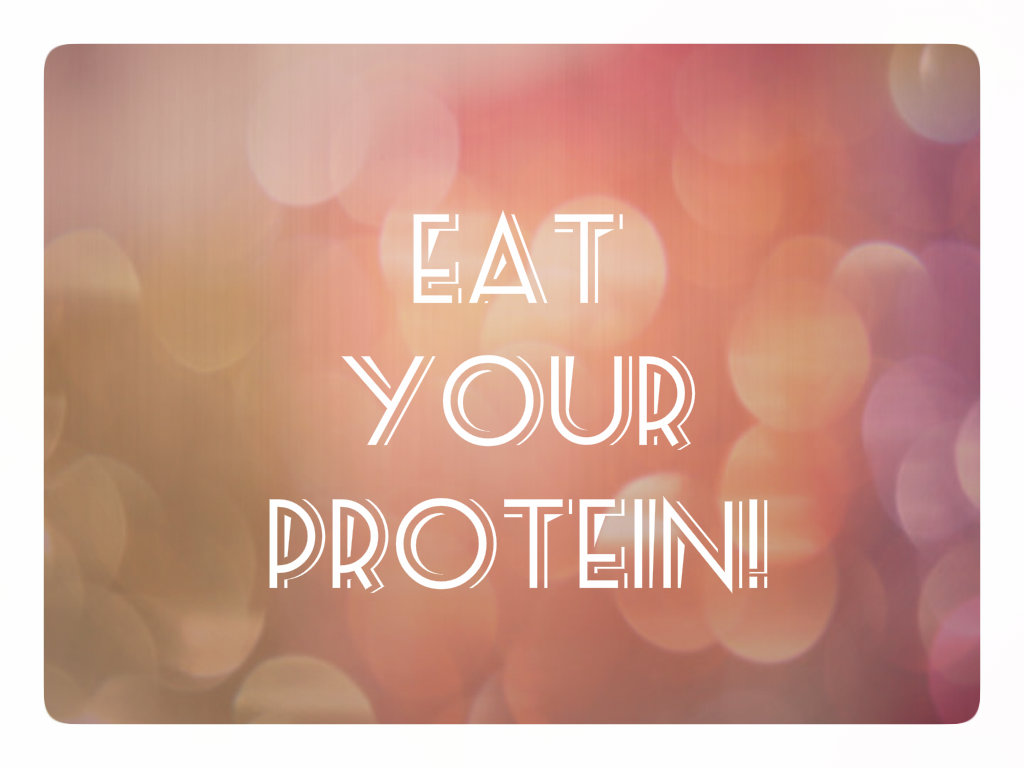One thing to remember is that what you eat plays a huge part in helping you achieve your body shape goals. There is one thing that will make it so much easier. Protein, one of nature’s most complex nutrients, happens to be one of the most useful tools for permanent fat loss.
Although protein has the same basic energy value as carbohydrates (4 calories per gram), the body responds to protein in a different way.
By increasing your protein intake you will help permanent fat loss in the following ways:
- Protein helps to increase satiety or a sense of fullness by signalling the brain earlier that you’ve eaten enough. This helps you to feel fuller over a longer period of time, which helps you to avoid the snacks you would pick if you were hungry.
- Protein requires more energy to digest and is more difficult to convert to body fat which helps you to use more energy and boost your metabolism.
- Protein slows down the release of the carbohydrate content of a meal, which will stabilise your blood sugar levels over a longer duration helping you to feel more alert and have less food cravings.
- When eating an adequate amount of protein and exercising regularly you will improve your muscle tone which is one of the best ways to lose fat.
- The more muscle you have, the faster the metabolism, the more energy you burn, *even when sitting on the couch watching TV).
Lots of women and men go the whole day without eating any protein. This will not help our bodies stabilise the blood sugar levels, causing us to feel sluggish and lethargic by late afternoon. One of the most important things you can do to help get your ideal body shape, is to eat regular amounts of protein with every meal throughout the day, rather than just leaving it for dinner.
How much protein should we eat?The recommendations are 1.5 to 2 grams per kilo of body weight per day. So remember that as you start to lose weight, your protein requirements will also decrease. We don’t try to encourage a really high protein diet, because if you start to eat too much of one thing you will start to miss out on something else. What we are encouraging is that you eat a little bit more protein and spread it out over all your meals during the ay, to help reap the benefits that protein can offer.
Good sources of protein include, beef, chicken, lamb, fish, eggs and low fat dairy products. Animal proteins are the most complete proteins as they have all the amino acids that the body requires, but a lot of these protein sources do come with a lot of saturated fat. So make sure you always trim of all visible fat and try and buy the leanest cuts of meat you can find. If you don’t have time to prepare a good protein meal, there are other options like a protein powder or protein bar.
Then there are sources from the plant kingdom, which include soy, legumes, seeds and nuts and even some cereals like corn, wheat and rye. These sources are a less concentrated protein but are a valuable addition to the diet, as they are low in saturated fats, high in fibre and antioxidants and are great for vegetarians who don’t eat animal proteins.





Leave A Comment